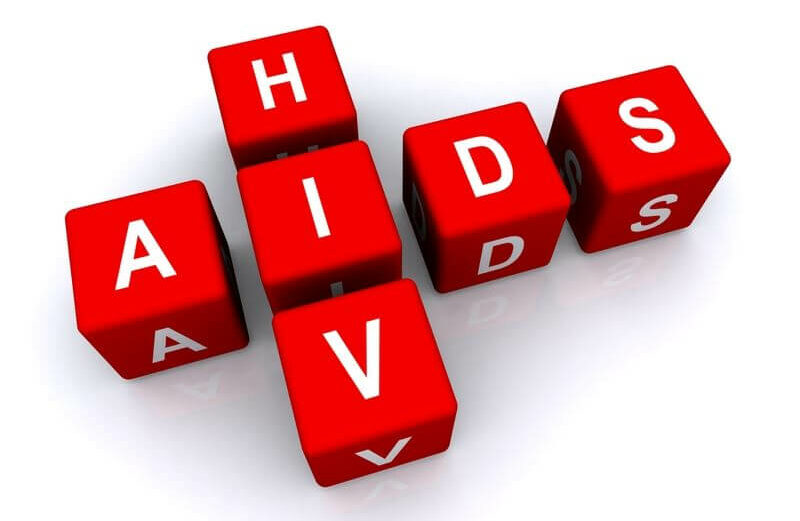Kogi HIV/AIDS statistics reveal 50,000 residents living with the virus. Officials urge swift action to combat stigma and improve treatment access
[dropcap]T[/dropcap]he Kogi State Agency for the Control of AIDS (KOSACA) has revealed that approximately 50,000 people are currently living with HIV/AIDS within the state.
Also read: Nigeria approves N4.8bn for HIV treatment amid global funding concerns
Acting Executive Secretary, Ibrahim Anate, disclosed this figure during an interactive session with journalists following a road walk commemorating the 2024 World AIDS Day in Lokoja.
The walk, organised by the Centre for Integrated Health Programmes (CIHP) in collaboration with KOSACA, aimed to raise awareness about the ongoing fight against the disease.
“About 50,000 people are living with HIV presently, out of which 36,066 are presently on treatment in Kogi State,” Anate stated.
He emphasised the agency’s commitment to reaching all communities, including hard-to-reach areas, to increase awareness and access to treatment.
Anate highlighted the Kogi State government’s efforts, under Governor Usman Ododo, to ensure that HIV-positive individuals receive treatment and that pregnant women with HIV deliver HIV-negative babies.
“The current administration is also striving to ensure that people who are positive in Kogi State will turn to negative,” he added, noting the government’s support for the Ministry of Health and KOSACA.
Security challenges in some parts of the state pose a significant obstacle to patients accessing treatment, Anate acknowledged.
He made a strong appeal to Governor Ododo to sign the Anti-Stigma HIV Law, recently passed by the state House of Assembly.
“When the governor assents to this law, people that are HIV positive can have the confidence to come out and declare their status. Many can’t do this because of the stigmatisation in the society,” he explained.
Inyama Lawrencia, Kogi State Technical Lead for CIHP, expressed concern over mother-to-child transmission of HIV/AIDS.
“We have been advocating for every mother to go for anti-natal services so that they can know their HIV status,” she said. CIHP has been working to sensitise women in communities to get tested.
Also read: Lagos State offers free HIV screening at 2024 trade fair to boost public health
Lawrencia also highlighted the economic challenges faced by women, which impede their ability to seek testing and treatment.
























